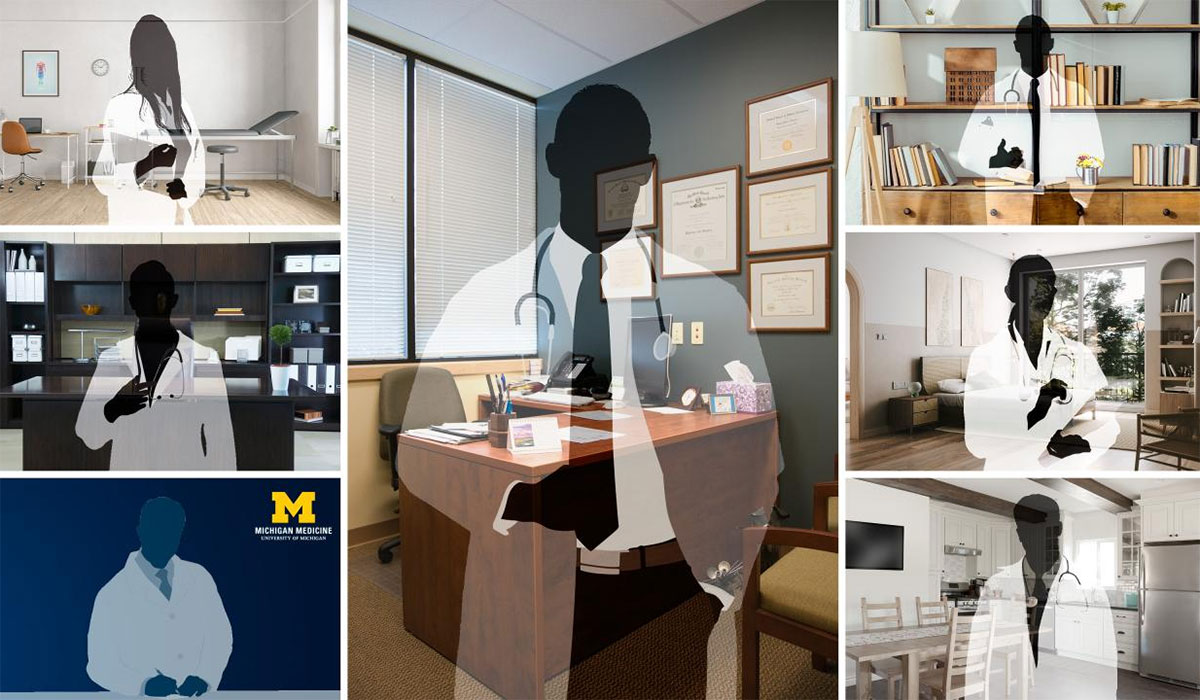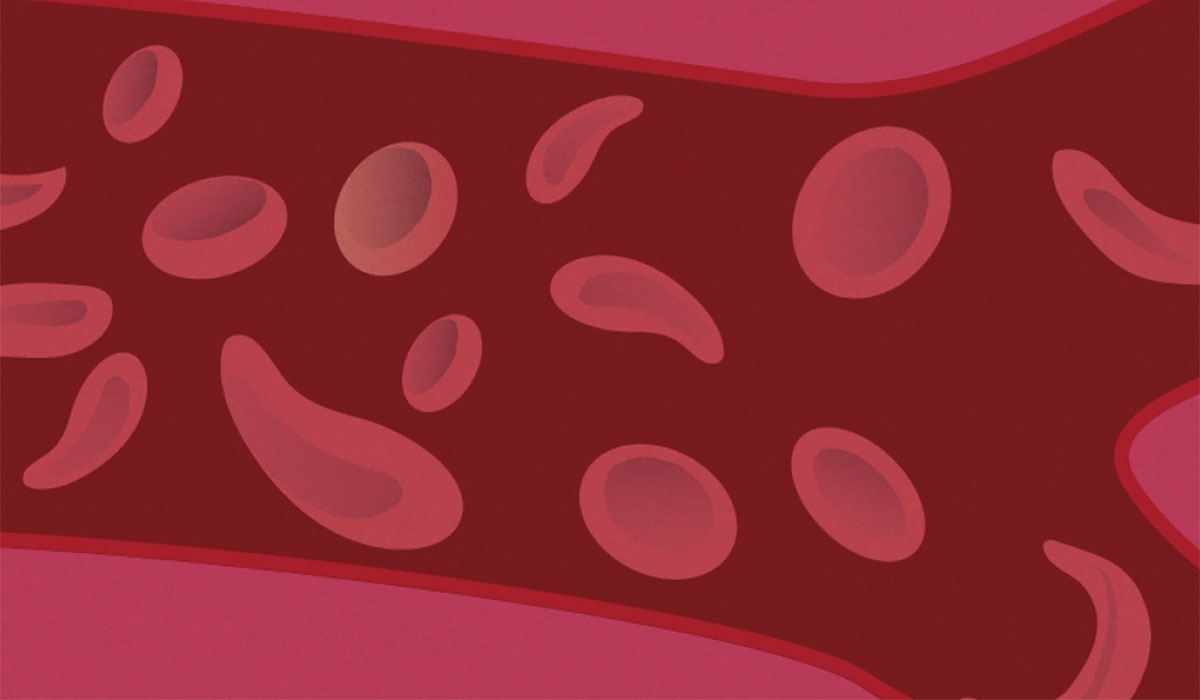Newly approved by the FDA, CRISPR-based Exa-cel gene editing technology can potentially treat thousands of patients with sickle cell disease. However, this new therapy is expensive and intense and, to start will only be offered by a few healthcare providers. In this Q&A with the Institute for Healthcare Policy and Innovation, Melissa Creary, Ph.D., an assistant professor of health management policy and global public health at U-M’s School of Public Health and a person living with sickle cell, brings her perspective to the conversation about the accessibility of this breakthrough treatment.




